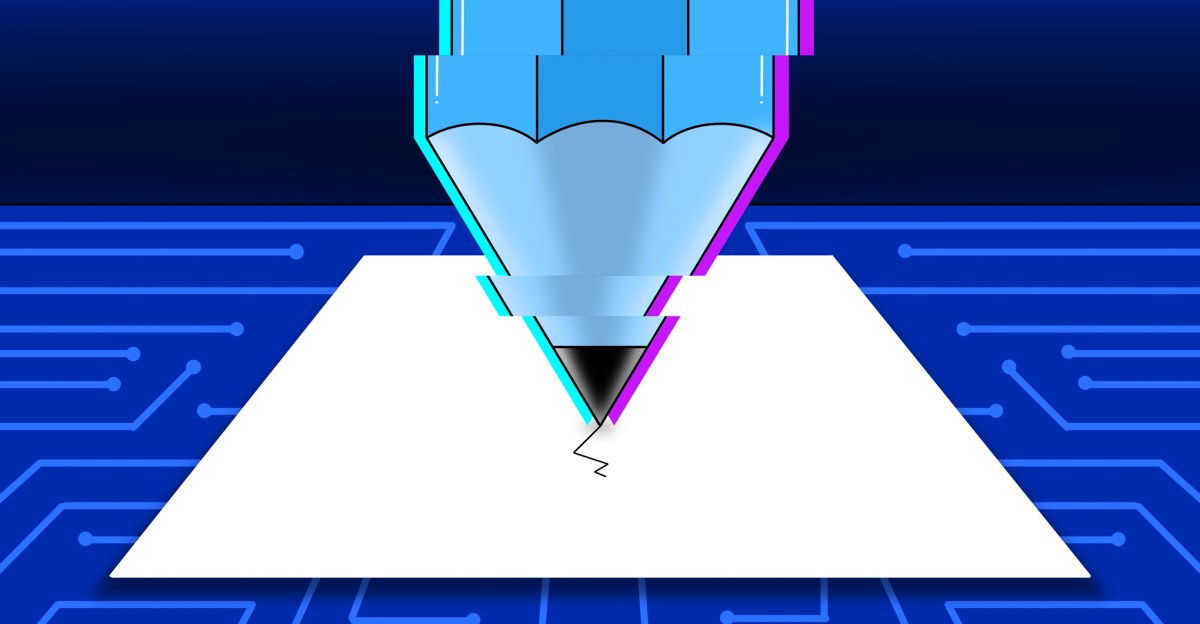OpenAI and Google Request Government Approval to Train AI on Unowned Content

OpenAI and Google Seek Access to Copyrighted Material for AI Training
OpenAI and Google are advocating for the United States government to permit their artificial intelligence (AI) models to utilize copyrighted material for training purposes. This request comes in light of proposals they recently published, with OpenAI emphasizing that the application of fair use protections in relation to AI poses significant national security implications.
Background of the AI Action Plan
These proposals were made in response to a call from the White House, which sought input on the “AI Action Plan” initiated by President Donald Trump. This plan aims to solidify America’s standing as an AI leader while discouraging overly restrictive regulations that could hinder innovation. The government invited feedback from various stakeholders, including industry groups and private sector organizations, to gather diverse insights on advancing the country’s AI capabilities.
OpenAI’s Position
OpenAI contends that granting AI companies access to copyrighted works is crucial for the United States to maintain its competitive edge over other nations, particularly China. The organization has voiced concerns regarding the potential for U.S. AI developers to fall behind, especially with the emergence of competitors like DeepSeek.
In their statement, OpenAI highlights the advantages that Chinese AI developers could exploit due to their unrestricted access to various types of data, including copyrighted material. They assert, “If developers in the People’s Republic of China have unlimited access to data while American companies lack fair use access, the AI race is effectively over.”
Google’s Support
Similarly, Google supports this initiative. In their response, they pointed out that current copyright laws, along with privacy and patent regulations, can obstruct the necessary access to data for training advanced AI models. Google argues that fair use policies, along with exceptions for text and data mining, have been essential in enabling AI development using publicly accessible information.
“They allow for the utilization of copyrighted, publicly available materials for AI training without causing substantial negative effects on rights holders. This arrangement also prevents lengthy and often unpredictable negotiations with data providers during model development or scientific research,” Google stated.
Other Perspectives in the AI Landscape
Anthropic, another player in the AI sector known for developing the chatbot Claude, also submitted their proposals but focused on different aspects of AI regulation. Rather than addressing copyright directly, Anthropic called for the establishment of a framework to evaluate the national security risks associated with AI models. They also urged for enhanced export controls on AI chips to ensure national security while promoting responsible AI development.
In their suggestions, Anthropic emphasized that bolstering the energy infrastructure in the U.S. is crucial for supporting the growth and scalability of AI technologies. They align with both OpenAI and Google in advocating for measures that foster innovation while addressing safety and regulatory concerns.
Implications of the Proposals
The push by OpenAI and Google for fair use protections to apply to AI training represents a critical point in the intersection of copyright law and technological advancement. As companies continue to develop increasingly sophisticated AI models, the implications of these policies will be far-reaching.
Understanding the dynamics between copyright regulations and technological innovation is essential as the future of AI continues to unfold. As competition in the AI space intensifies, discussions about data access, intellectual property, and ethical considerations will likely shape the landscape of artificial intelligence for years to come.
Key Takeaways
- OpenAI and Google advocate for increased access to copyrighted materials for AI training.
- Their proposals are in response to the White House’s “AI Action Plan” aimed at maintaining U.S. leadership in AI.
- The discussion raises important considerations about the balance between copyright protection and innovation in AI development.
- Other companies like Anthropic are also contributing to the debate, focusing on national security concerns and infrastructure needs for AI growth.
These developments highlight the ongoing dialogue over how regulatory frameworks can adapt to foster innovation while protecting the rights of creators.






